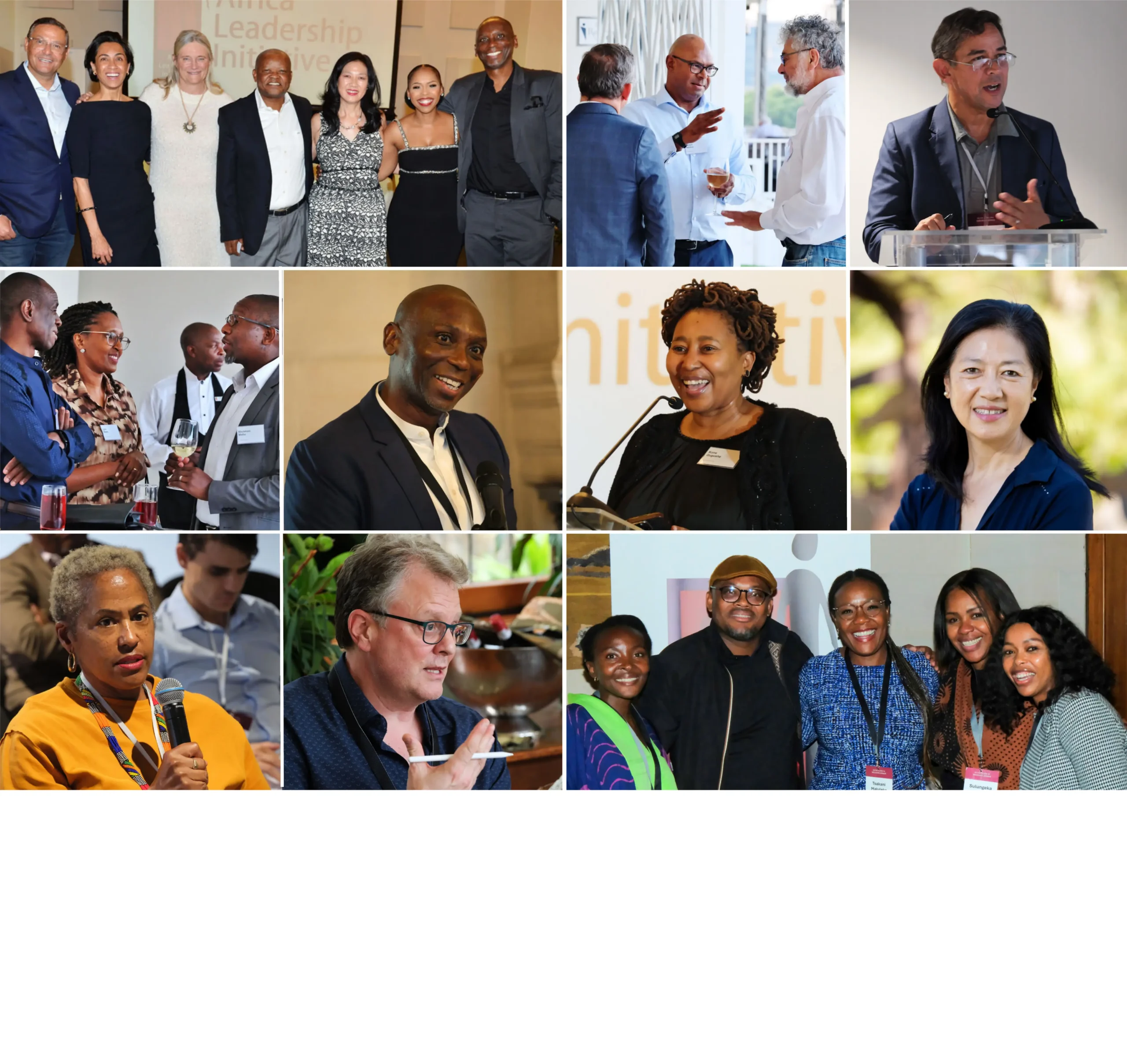
By Ralph Freese
On Friday 26 August Minister Senzo Mchunu (Water and Sanitation) announced that his department would call for private sector help in securing and delivering water to South Africans – an “IPP” for water. This reminded me that Fikile Mbalula, Minister for Transport, recently announced that private business would be invited to operate rail services. ESKOM has long been on this path. The state handed communication and data transmission from monopoly TELKOM to cellphone and cable/fiber businesses 20 years ago. Then down the rabbit hole to ISCOR, SASOL and DENEL…
What is going on here?
Is this structural adjustment by stealth? Or is it simply embarrassingly driven by reduced capacity and competence? Our cities no longer build or repair roads. These are put to tender for the private sector (in partnership with the construction mafia) to deliver.
Our economic structure is shifting, with the private sector taking roles previously held by government. The state is more and more a funder rather than an executer of delivery. Is this inherently bad? It is troubling, because I believe that this was not planned but crept in as a result of failure. By definition, in a developing country, if consciously planned and governed, a positive relationship between the state and business is a healthy condition for progress.
What does this situation hold for our future? There are those who would argue passionately that this is a betrayal of the poor. A transfer of state wealth and influence to the private sector. The truth of the matter is that a collusion of the worst of business and government has already delivered that betrayal with up to a trillion rand poorly spent in the last two decades. Huletts, Steinhoff, Eskom and the collective calamity of municipal management adds to the picture.
We face a national election in 2024 which offers the possibility of change with better governance of the state and considered allocation of our assets. An alignment of the state and business overseen by an alert and well-funded civil society is our only pragmatic source of hope for a flourishing future. Should we achieve a sufficiently shared vision, we could return to the growth rates of the 1995 to 2007 era, avoid the rent-seeking behaviour of our elites, and attract significant capital investment.
There are major opportunities to reset and refocus our economy with a positive impact on the quality of life of our entire population. One example to illustrate this is in agriculture. In most developing countries agri-business contributes 10 times more to GDP and employment than here. Whilst we do have a technically advanced agribusiness sector, we have assets languishing because government and business have not found a way to co-invest. Mining companies own hundreds of thousands of hectares of land unused at the surface and produce hundreds of millions of liters of water of acceptable quality currently pumped to waste. With a clear will, we could add a million sustainable jobs in profitable business in this sector alone. Remember that at one stage De Beers produced as an unplanned consequence of its land holdings more mutton than any other business in the southern hemisphere.
There is no gainsaying that the SA government will remain the largest player in our economy. It sets the rules and spends about a third of our GDP – R2trillion every year. Whatever emerges as the controller of parliament has to establish a working relationship between government, business and civil society with the narrow purpose of ensuring a flourishing economy – focused primarily on wealth creation for the poor, skills, jobs and assuaging the legacy of our history.
A consciously derived, focused structural adjustment which owes nothing to the world bank!









